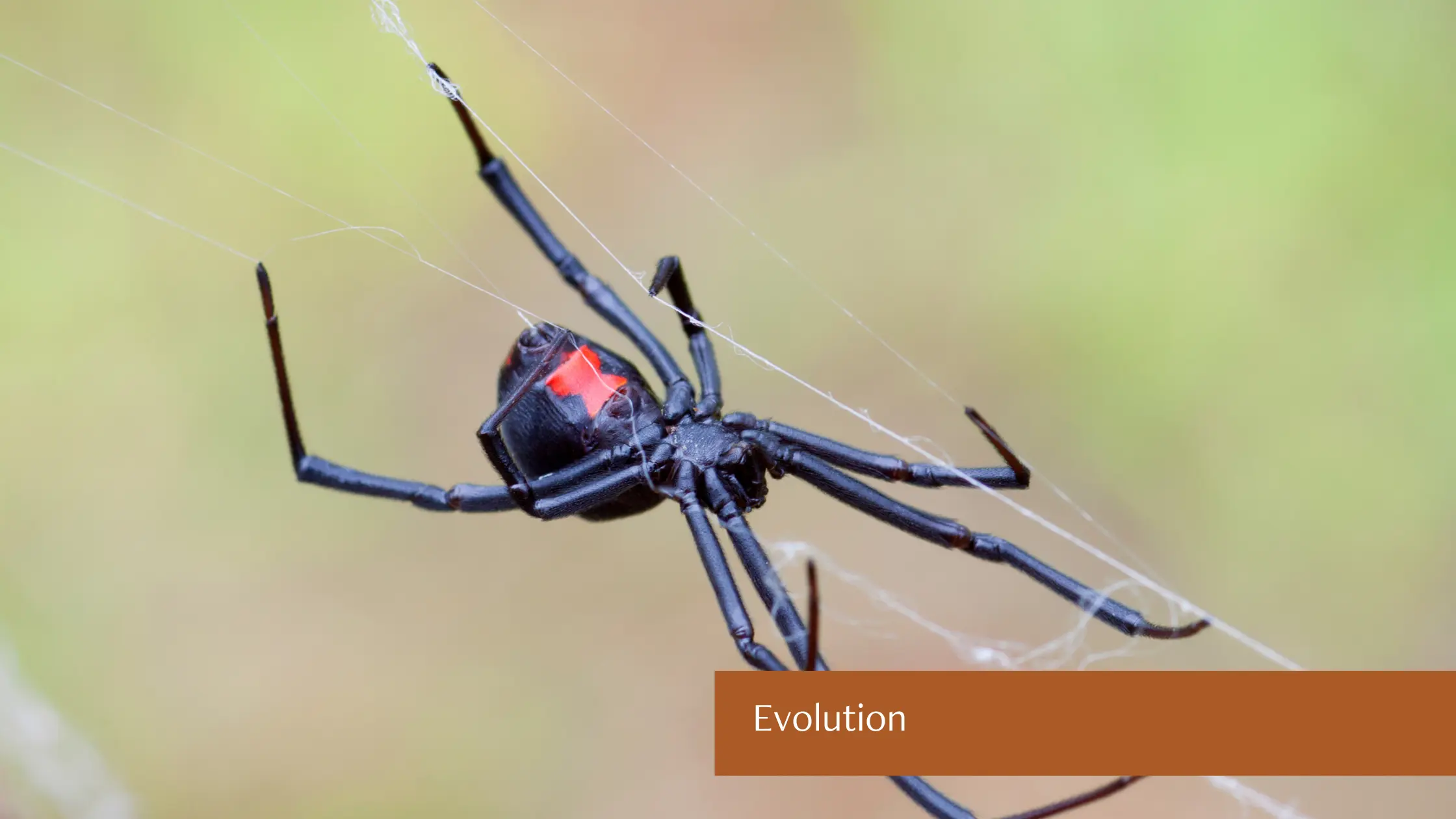Arachnophobia Disease and Its Effects
Arachnophobia, commonly referred to as the intense fear of spiders, is one of the most prevalent phobias worldwide. For millions of people, this fear extends far beyond mild discomfort or avoidance. Instead, arachnophobia can result in extreme reactions, interfering with daily life and overall well-being. But what exactly is arachnophobia disease, and how does it affect those who suffer from it? More importantly, what steps can you take to address the presence of spiders in your home cautiously?
What is Arachnophobia Disease?
Arachnophobia disease is classified as a specific phobia, which is an irrational and overwhelming fear triggered by the sight, thought, or even mention of spiders. Although it is natural to be cautious about certain creatures, an individual with arachnophobia experiences an amplified reaction that can manifest both physically and emotionally.
The symptoms may include:
- Severe panic or anxiety in the presence of spiders
- Sweating, shaking, or racing heartbeat
- Avoidance of places where spiders might be found (e.g., basements, sheds)
- Hypervigilance to spot and avoid spiders in daily life
This fear is often disproportionate to the actual danger posed by spiders, as most species are harmless to humans. For individuals with arachnophobia disease, however, this knowledge does little to alleviate their fear.
What Causes Arachnophobia Disease?
While the exact cause of arachnophobia varies, several factors can contribute to its development:
Evolution
Some researchers believe arachnophobia could have evolutionary roots. Spiders were once legitimate threats to humans due to their venom, prompting our ancestors to develop a heightened sense of caution. Though less relevant today, this instinct may still linger in the form of a phobia.

Traumatic Experiences
Personal experiences, such as a traumatic encounter with a spider during childhood, can lead to arachnophobia. This negative association can form the foundation of a persistent fear.
Learned Behavior
Fears can also be learned through observation. If a caregiver or sibling showed an intense fear of spiders, it might have influenced a child’s perception of spiders as dangerous or threatening.
Genetics and Brain Function
Your genetic makeup and brain function may also play a role in phobias. Studies suggest that a predisposition to anxiety or an overactive fear response in the brain can make individuals more susceptible to specific phobias like arachnophobia.
Effects of Arachnophobia Disease
The effects of arachnophobia go far beyond the irrational fear of spiders. For many, it can disrupt daily routines and mental health. Here are some notable ways arachnophobia disease can impact sufferers:
Emotional Distress
A single unexpected sighting of a spider can induce overwhelming anxiety, leading to panic attacks or feelings of helplessness. This emotional toll can exacerbate generalized anxiety.
Home Cautiousness Concerns
Some individuals avoid spaces in their homes where they fear encountering spiders. This avoidance can create hygiene or cautiousness issues, especially if they are unwilling to clean basements, garages, or outdoor storage areas.
Social Limitations
Arachnophobia may limit social activities, especially in outdoor settings where spiders are prevalent. For example, sufferers may avoid hikes, camping trips, or certain workplaces, impacting their personal and professional life.

Sleep Disruption
Fear of spiders may interfere with sleep quality, particularly if the perception of spiders in the home leads to hypervigilance or anxiety.
Solutions for Addressing Arachnophobia
Combating arachnophobia requires a multi-faceted approach, including both psychological and practical strategies. Here are some common ways to manage arachnophobia:
- Therapy: Cognitive Behavioral Therapy (CBT) and exposure therapy are two widely used treatment methods for phobias. These therapies help individuals address their fear through gradual desensitization and reframing of negative thoughts.
- Relaxation Techniques: Mindfulness and breathing exercises can help to reduce anxiety and panic in the presence of spiders.
- Education: Learning more about spiders and their harmless nature can sometimes dispel irrational fears.
- Pest Control Services: For many, creating a spider-free environment reduces the triggers of arachnophobia significantly.
Keep Your Home Spider-Free with Our Pest Control Services
If spider sightings in your home are fueling your arachnophobia, don’t wait. Take action with professional pest control services designed to keep your space cautious and stress-free. At Brooks Pest Solutions, we specialize in spider prevention and removal, offering peace of mind for individuals and families dealing with arachnophobia.
Contact us today to schedule your first inspection and learn more about how we can eliminate spider infestations, so you never have to worry again.
Arachnophobia disease doesn’t have to control your life. With the right support and a spider-free home, you can feel cautious and confident every day.
